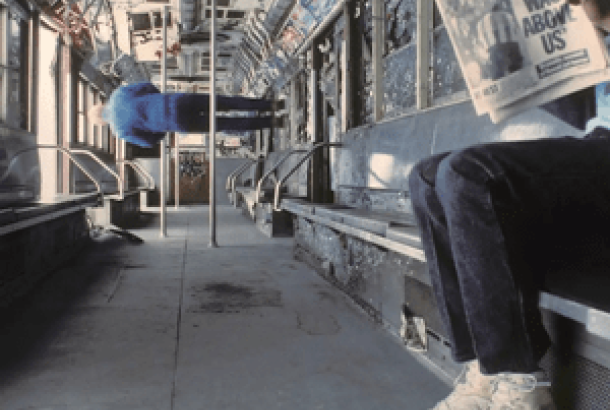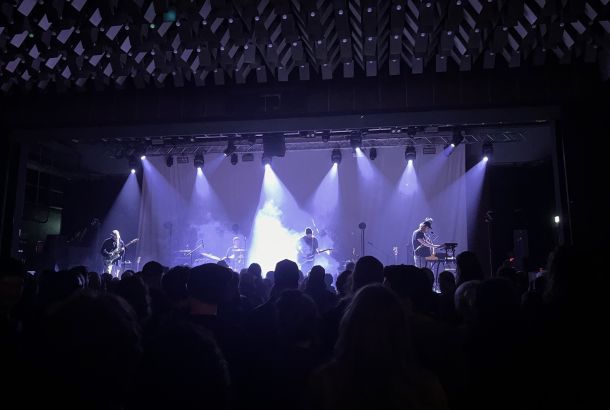Janis: Little Girl Blue
It’s a sad reality that Janis Joplin is perhaps more renowned for her death than for her life. In 1970, she was taken by heroin—that ghoulish talent thief of the sixties—and now she crops up every time an important young musician dies before a potential is reached. Her tale seems largely to be treated as more cautionary than legendary. That could be partly due to the fact that, shockingly, Joplin hadn’t had the full biopic treatment until last Friday—when Amy Berg’s new documentary, Janis: Little Girl Blue hit cinemas and brought Joplin’s tempestuous energy back into focus.
Still, Joplin’s music hardly saturates today’s airwaves. Some would say that she had to be experienced live, that her voice was too spontaneous to be bottled up and fossilised in studio recordings. Her 1967 performance at Monterey Pop Festival attests to that. Either way, the music demands to be heard. The Joplin-fronted Big Brother and the Holding Company’s Cheap Thrills is a great acid rock album, and her own posthumously released Pearl is stunning from start to finish. She burned a hole right through the psychedelic sixties, too, totally embodying the Zeitgeist, whether she was having ear-splitting sex at the Grateful Dead house or blown out of her mind on stage at Woodstock in 1969.
The one thing that shone through everything Joplin did was her fierce, anguished honesty. Her brother, one of the many close relatives and friends on board as the film’s consultants, said something interesting about how Janis not only felt pain, but idolised it. From Odetta to Billie Holiday, Joplin’s heroes all sang the blues, and she needed some blues to sing too. She was in no short supply—her formative Texan teenage years as a bullied reject saw to that.
Beneath Joplin’s San Franciscan persona—all Californian jive talk and theatrical sixties dress—was a pensive, articulate, and deeply wounded Texan entering adulthood. It might be fitting, then, that the startlingly raw ‘Mercedes Benz’, Joplin’s most enduring musical moment, is a proudly Southern romp, stripped of all pseudo-psychedelic affectations. It’s in those a capella moments (the kind which were a precursor to Robert Plant) when Joplin’s unmatchable emotional intensity hits you, when it feels like all of her turmoil is tumbling out in indefinable syllables.
We can grieve over Joplin’s death, and this film may bring you (like it did me) to tears in doing so, but the plain truth is that the music wouldn’t have been the same without the misery. Whether it was worth it is another matter.







